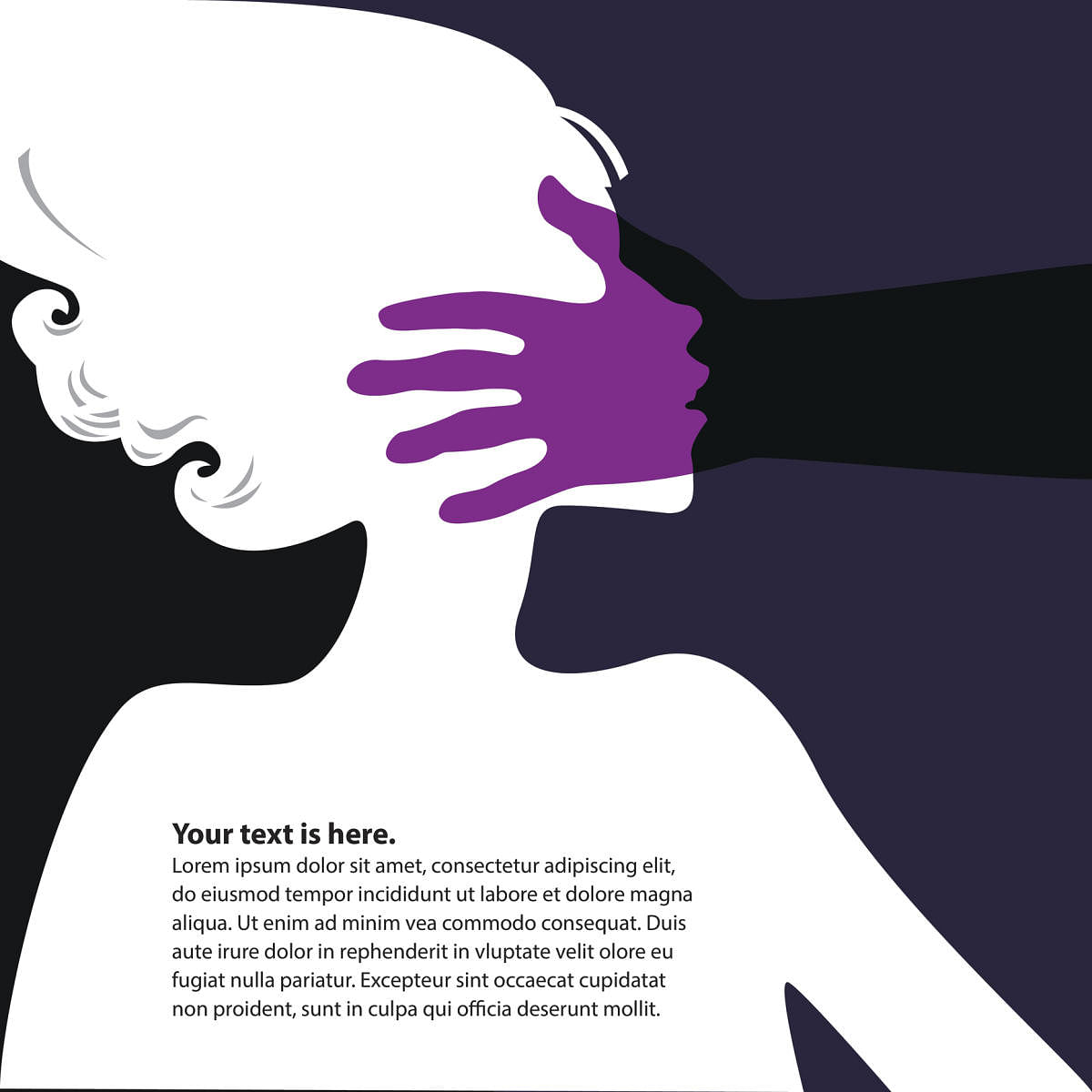
The Centre on Thursday launched a national database of sexual offenders to enable police and other investigation agencies to keep track of those booked for sexual assaults on women or children in any part of the country.
The National Database On Sexual Offenders, rolled out by Home Minister Rajnath Singh here, will also facilitate the police in carrying out “a quick background check” on any person suspected or alleged to have committed sexual crime in any part of the country.
The minister also launched a web portal for people to report cybercrime. Complaints can be lodged, either anonymously or with names, at https://cybercrime.gov.in.
The sexual offenders' repository — which will have exhaustive details about those booked, chargesheeted and convicted for sexual crimes in any part of the country — currently contains data of a total of 4.5 lakh sex offenders with their names, alias/aliases, fingerprints, current address, permanent address, qualification, socio-economic category and other details.
The database, which will be regularly updated by police and other law enforcement agencies across the country, currently has photos of 3.5 lakh sexual offenders, with 52,000 of them being lodged in prisons across the country.
“Details about those arrested in connection with a sexual crime even for a day will be maintained in the database along with those chargesheeted and convicted. This will help police do a quick check on the suspects. This will also help track the movement of sexual offenders when they are released from jail,” a Home Ministry official said.
Besides data on rape accused and convicts, the repository will also have information about those booked for eve-teasing and stalking.
"It will issue alerts when such a person is released from jail,” the official said.
With this, India became the ninth country in the world to have such a repository in its efforts to check growing incidents of sexual crime against women and children.
Australia, Canada, New Zealand, the United States, South Africa, the United Kingdom, Ireland, South Africa and Trinidad and Tobago are the other countries which maintain such a repository.
The US is the only country with a registry that is accessible to people. In other countries including India, the access is restricted to law enforcement agencies.
“Schools, colleges and other organisations can use the database through law enforcement agencies for background check (of any person),” Home Secretary Rajiv Gauba said.
To be maintained by the National Crime Record Bureau, the database profiles offenders under three categories — those posing low danger to community, moderate danger and serious danger.
A first-time offender will see his name in the database for 15 years from the date of registration of offence, while it is 25 years for repeat offenders.